The Zookeeper's Wife: True story of 1940s Warsaw couple who hid Jews in monkey cages
Warsaw zookeeper Jan Zabinski and his wife Antonia are the subjects of a forthcoming film.
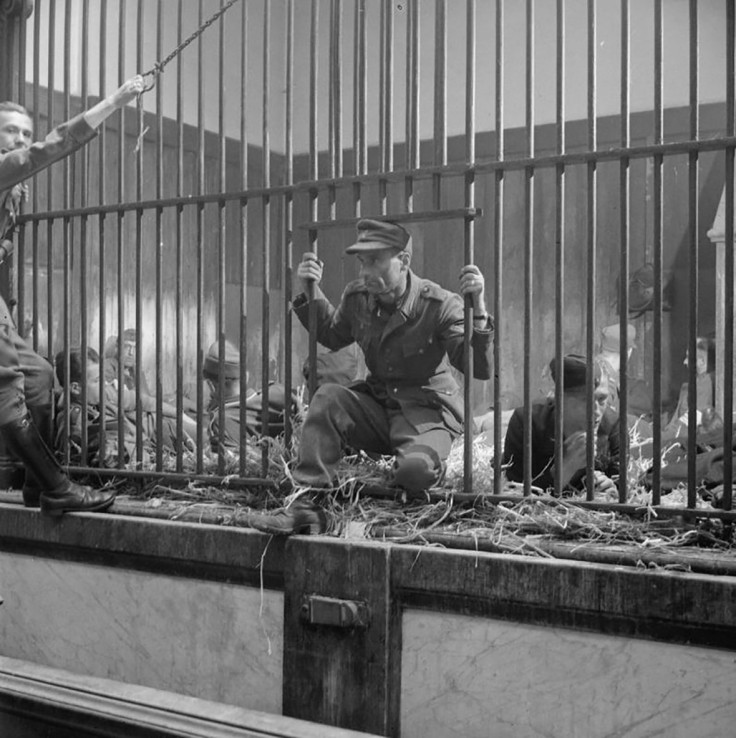
A remarkable zookeeper and his wife saved 300 Jews from the Gestapo during World War II by stowing them away in animal cages at Warsaw Zoo. Jan and Antonia Zabinski's heroic defiance is the subject of a forthcoming film.
The couple would cunningly play opera music to warn their secret lodgers whenever the Nazi death squads were approaching – thereby giving them a chance to hide in the grounds of the zoo. The pair's daughter and one of the many they so fearlessly protected spoke to MailOnline.
Moshe Tirosh, 80, was a small boy when he raced out of Warsaw's Jewish Quarter with his mother and father in 1943. The Nazis were in hot pursuit when the family stumbled upon the zoo, which became known as 'Noah's Arc'.
The three of them, like so many, were shown unparallelled kindness by the Zabinskis, whose saintliness was recorded in a 2007 book The Zookeeper's Wife.
Tirosh said: "My parents hid in one of the monkey cages while my little sister and I took shelter in the basement of the villa. We had escaped from the Warsaw ghetto by hiding in padded sacks which my father threw over the wall.
"He and my mother then climbed over the wall and we made our way to the Zabinskis at the zoo. Hiding in a zoo, yes, it's weird. But to be honest, it was a sanctuary for myself and our family.
"My main memory is that I was no longer hungry. Mrs Zabinski took care of us like a mother, giving us a feeling of trust and safety.
"I spent the entire time with my little sister, all I did was make sure she didn't cry or scream. It was so unnatural for a six-year-old boy to cover his four-year-old sister's mouth to stop her from screaming or crying too loudly.
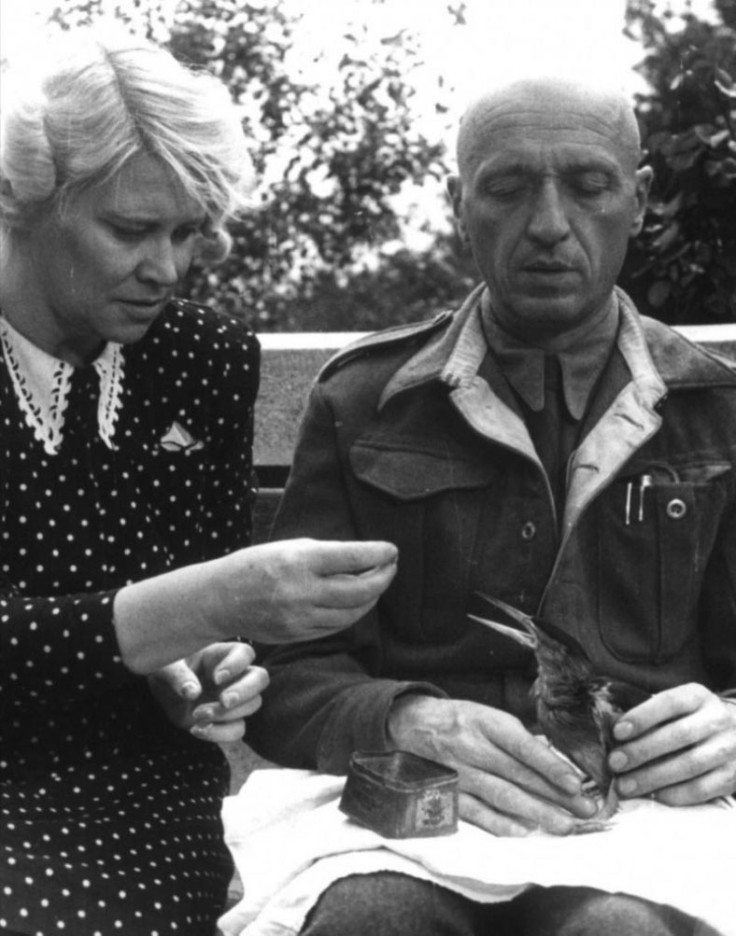
"We couldn't go out because it was too dangerous, so we had to spend the whole time in hiding. By that time I arrived at the zoo, I was no longer a boy. I'd seen death and people die, I saw war. My Father said to me, 'Moshe, to live you need to be very quiet', and I did as I was told.
"There was no space for me to be scared. I had my little sister to look after and take care of, I had to be the grown-up.
"We spent our whole time in hiding inside the basement of the zoo. There were always people coming in and out, staying for a night or longer. I remember sitting under the window and holding my sister and keeping my hand on her mouth for hours to make sure she wouldn't make a noise.
"Even today, when I approach my sister she has an automatic step back, as if I am going to keep her quiet. The Zabinski's son, Ryszard, brought us food every day, three times a day. He would also take our waste and take care of us.
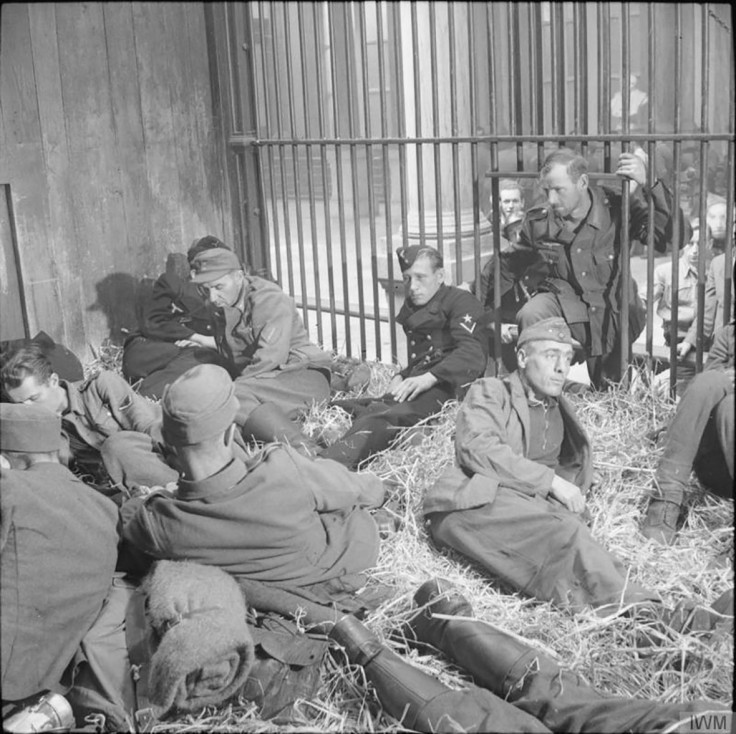
"I don't remember what the food was, but remember that I never felt hungry, that was a big deal for us in those times.'
Their daughter Teresa Zabinska-Zawadzki, 73, also spoke to the MailOnline an anticipation of a film adaptation of The Zookeper's Wife, which is released on 31 March.
She said: "If the Germans had known what my parents were doing they would have been executed, as would the rest of us. My father took people out of the ghetto and my mother gave them refuge in our house.
"Whenever the Germans came, mother would alert everyone by playing a piece from Offenbach's operetta Belle Helena called Go to Crete. Everyone was always on edge knowing that when mother began playing, danger was close.
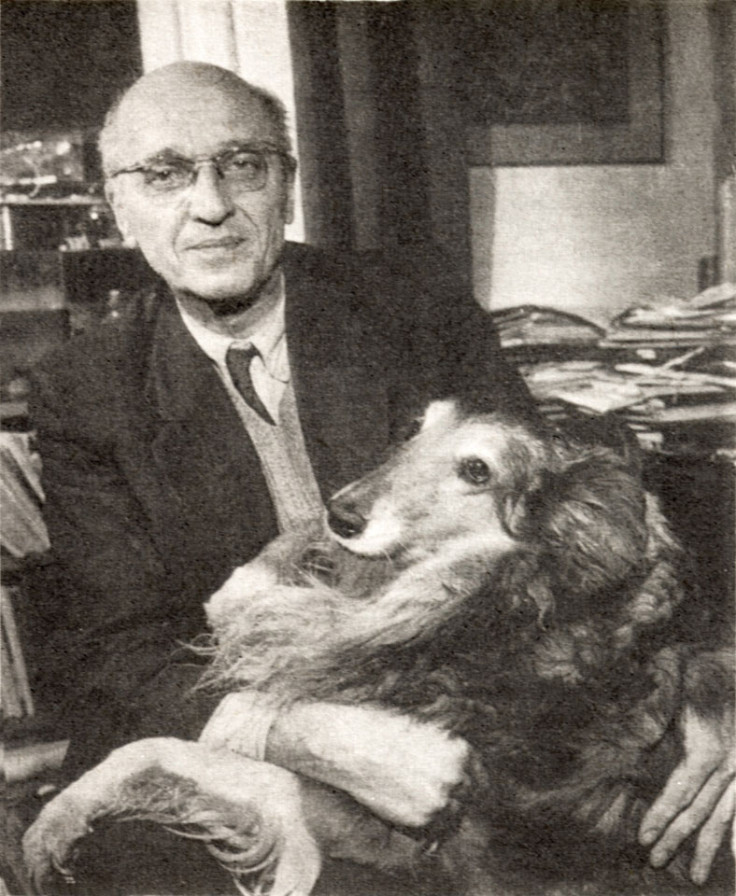
"The Gestapo and soldiers came very often but after they left she would play Chopin's Mazurka to let everyone know it was safe to come out of hiding
"Our guests at the villa would go into hiding, some in the attic, some in a wardrobe. Others would go through a little tunnel in the basement and into the garden where they would hide in the bushes or the animal cages.
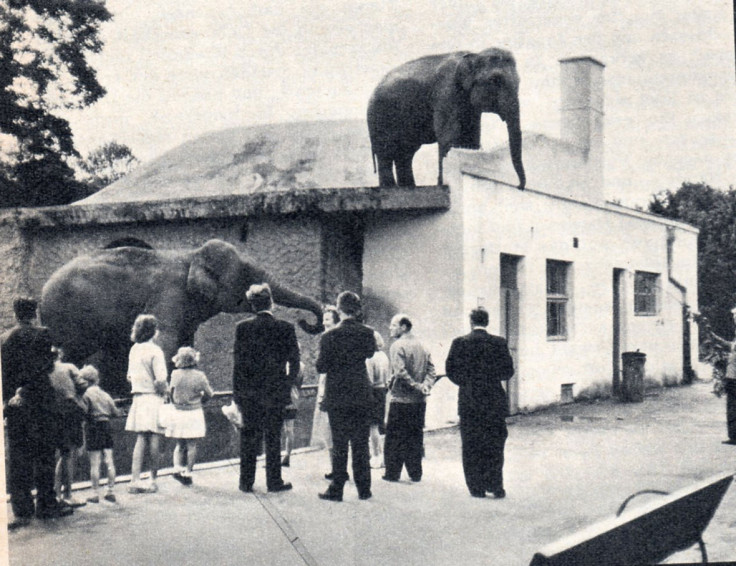
"My parents were ordinary people who did something extraordinary. After the war, my father used to say that he and my mother had only done what needed to be done and that people should be decent and show honour in the face of horror."
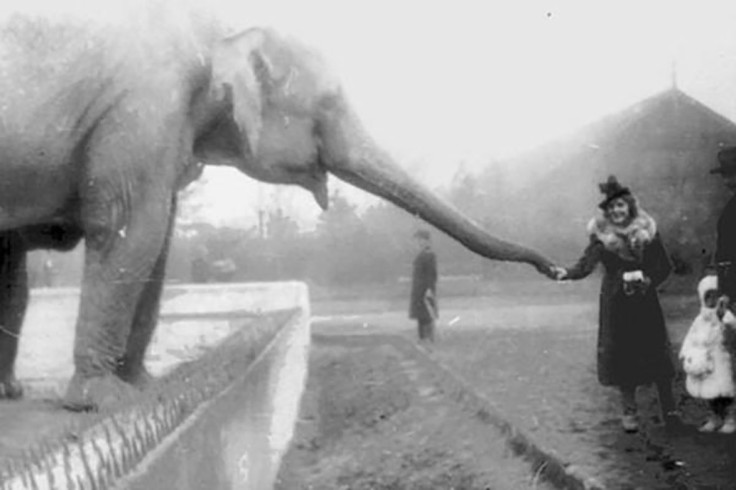
© Copyright IBTimes 2025. All rights reserved.





















